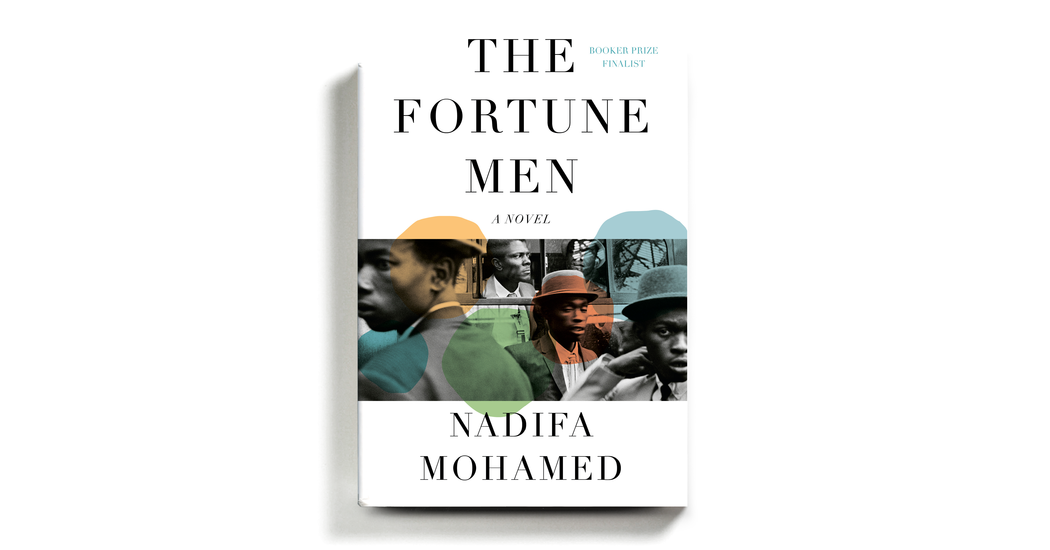
There was a moment in Gary Shteyngart’s novel “Lake Success” (2018), the so-so book he wrote before this year’s excellent one, that’s stuck with me. I can’t find the passage in my copy, but he expressed the notion that we want a sign, all of us, that our journey is somehow a special one.
I thought of Shteyngart while reading the following paragraph, from late in Mohamed’s novel, when Mahmood is in prison. It’s long, so I’ll split it into two chunks. It’s one of the best things I’ve read this year, and it picks up on his love of film:
“It’s not that Mahmood believes himself important, the past few months have torn away that illusion, but he is extraordinary, his life has been extraordinary. The things he has got away with, the things he has been punished for, the things he has seen, the way that it had once seemed possible for him to bend, with great force, everything to his will. His life was, is, one long film with mobs of extras and exotic, expensive sets. Long reams of film and miles of dialogue extending back as he struts from one scene to another.
“He can imagine how his movie looks even now: the camera zooming in from above on to the cobblestone prison yard and then merging into a close-up of his thoughtful, upturned face, smoke billowing out from the corner of his dark lips. A color film, it must be that. It has everything: comedy, music, dance, travel, murder, the wrong man caught, a crooked trial, a race against time and then the happy ending, the wife swept up in the hero’s arms as he walks out, one sun-filled day, to freedom. The image stretches Mahmood’s mouth into a smile.”
Oh, man. And yet such reverberant passages are rare in “The Fortune Men.” The book dissipates a good deal of its energy, especially in its first half, pivoting between the stories of the shopkeeper, her family, Mahmood’s estranged wife and their sons, and that of Mahmood himself. There is more summary than scene.
Little momentum builds. When it threatens to do so, the story feels hemmed in by the details of Mahmood’s actual life. The novel is semidetached. If this book were a shell game, you would never wonder where the pea is. Your brain gives it three stars but your heart only two.
We get little sense, for example, of what drew Mahmood and his English wife together. I missed having scenes of their courtship, their wooing, which might have provided a way to warm him up as a character.
Mahmood had few friends and many enemies. He was increasingly isolated, out on a limb, in England. The fact that he was a Black man made it easy for someone to come along and cut off the branch.
This is a hit-and-miss novel, but Mohamed is a big talent, and she’s only getting started.



